Ambassador Ha Huy Thong said that President Joe Biden's visit to Vietnam this time is a great opportunity for the two countries to promote relations further, more substantially, meeting the interests and aspirations of the people of the two countries.
VietNamNet interviewed Ambassador Ha Huy Thong, former Deputy Chairman of the National Assembly 's Foreign Affairs Committee.
Ambassador Ha Huy Thong participated in the first official Vietnam-US negotiation on normalization of relations in New York (1991), served as Head of the Advance Delegation (1994) to open a Liaison Office (later the Embassy) in the US, participated in welcoming US President Bill Clinton on his first visit to Vietnam (2000) and participated in the delegation of President Truong Tan Sang to visit the US, establishing a Comprehensive Partnership 10 years ago (July 25, 2013).
A LONG JOURNEY
What was your first thought when you received the news that US President Joe Biden was about to visit Vietnam?
I am very pleased, first of all, that US President Joe Biden has accepted the invitation to visit Vietnam. This is the first time a US president has accepted the invitation of the head of the Communist Party of Vietnam - General Secretary Nguyen Phu Trong .
The visit took place eight years after General Secretary Nguyen Phu Trong made a historic visit, the first by a General Secretary of the Communist Party of Vietnam, to the United States on the occasion of the two countries celebrating 20 years of establishing diplomatic relations.
And it was Mr. Joe Biden, then Vice President of the United States, who hosted the State reception to welcome General Secretary Nguyen Phu Trong.
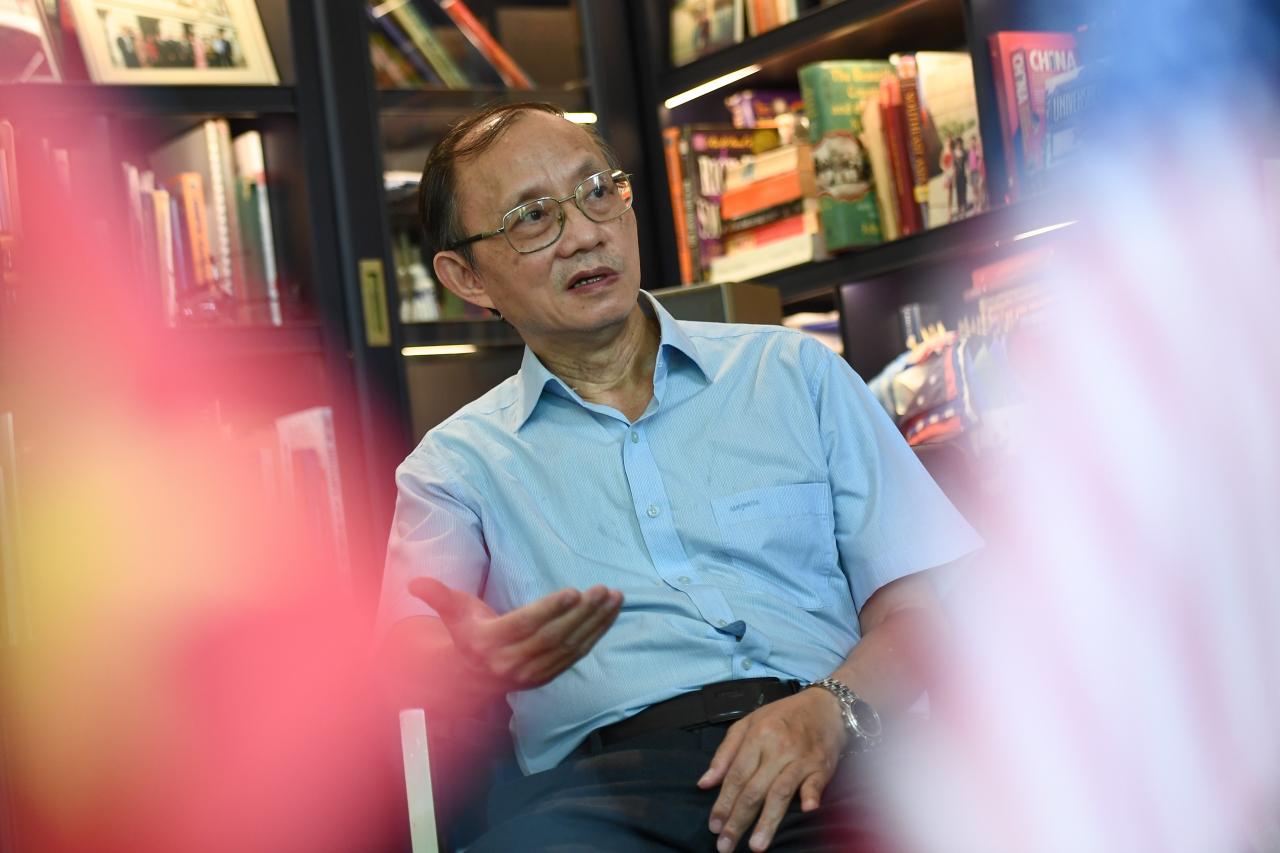
Ambassador Ha Huy Thong.
Looking back at history,Vietnam and the US have come a long way. Since 1787, when the US Ambassador (when the US had not yet established the title of Ambassador) in France (1785-1789), Mr. Thomas Jefferson met Prince Nguyen Phuc Canh, then only 7 years old, from Annam to France, because he heard that in "Dang Trong" of Vietnam there were 6 types of rice, of which 3 were delicious and could be grown on the plateau, not needing as much water as in his hometown in Virginia.
Mr. Thomas Jefferson is considered one of the founders of the United States on July 4, 1776 and participated in drafting the US Constitution (1787). In 1789, the US established its first two ministries, the Ministry of Foreign Affairs and the Ministry of Finance. Thomas Jefferson returned from France and became the first Secretary of State, then Vice President and the third President of the United States (1801-1809).
After having access to reliable documents on US relations with Vietnam, Ambassador Robert Hopkins Miller, senior advisor to the US Delegation at the Paris Conference on Vietnam (1968-1971) in 1990, wrote in the book "America and Vietnam 1787-1941" (US National Defense University Press Publishing House) that the meeting between Mr. Thomas Jefferson and Prince Canh could be the first time the US officially recognized and cared about Vietnam, even though it was far away from the US.
In 1802, Captain Jeremiah Briggs’ ship, the “Fame,” left Massachusetts for Vietnam to try to find coffee and sugar. The Fame anchored in Turon (now Da Nang), then the ancient capital of Hue and continued on to Saigon.
According to American records still preserved today, "Fame" is considered the first American ship to land on the coast of Vietnam exactly 220 years ago.
Relations between the two countries have gone through many ups and downs, including "sad or unhappy chapters".
Since 1991, when the first round of negotiations on normalizing relations began, the two countries have made many important steps forward.
President Biden's upcoming visit is a clear demonstration of the Vietnam-US Comprehensive Partnership, a commitment to respecting each other's political institutions, opening a decade of very comprehensive relations in politics, diplomacy, defense, security, trade, health, education, culture, society, sports, etc.
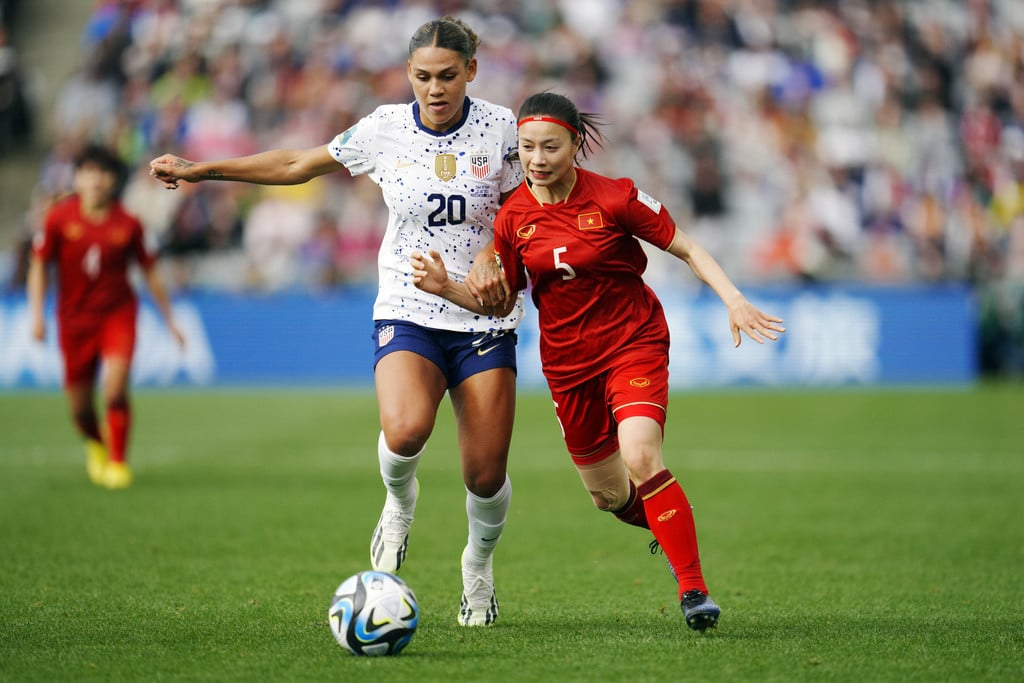
The match between the Vietnamese women's team and the US women's team at the World Cup.
In 2013, no one said that 10 years later, Vietnam-US bilateral trade would increase from 40 billion USD to 140 billion USD…and the US would become Vietnam's largest export market.
No one could have predicted that after 10 years, on July 22, 2023 - just 3 days before the 10th anniversary (July 25, 2013-2023) of the Comprehensive Partnership, the Vietnamese women's football team would not only participate in the world's top World Cup arena for the first time, standing shoulder to shoulder with the "football powerhouses", but also play against the defending champion US team for the first time.
The result was predictable, but the meeting of the Vietnamese and US women's soccer teams three days before the 10th anniversary of the Comprehensive Partnership between the two countries has significance far beyond the soccer field and will be a "bright" mark in the history of Vietnamese soccer and Vietnam-US relations.
"GREAT MEN THINK LIKELY" AND THE CONCLUSIONS OF HUMAN CIVILIZATION
Does the news that US President Biden is visiting Vietnam right when our whole country is celebrating the 78th anniversary of National Day (September 2, 1945 - September 2, 2023) remind you of anything?
I remember more than 40 years ago, from September 1-9, 1982, I was assigned to accompany Mr. Archimedes Patti, former Major of the US Secret Service OSS (Office of Secret Services - predecessor of CIA) in charge of Indochina, back to Hanoi after 37 years. He said he had met Uncle Ho many times and had the opportunity to go to Hanoi to listen to the Declaration of Independence at Ba Dinh Square on September 2, 1945.
In 1980, he wrote the book "Why Vietnam?", which included memories of meeting Uncle Ho and many high-ranking leaders of Vietnam in the early days of the nation's founding.
Mr. Patti suggested arranging to return to visit the places he had visited in late August and early September 1945, to visit many historical sites, to visit the mausoleum and the stilt house of Uncle Ho, whom he said he considered a "Great Friend".
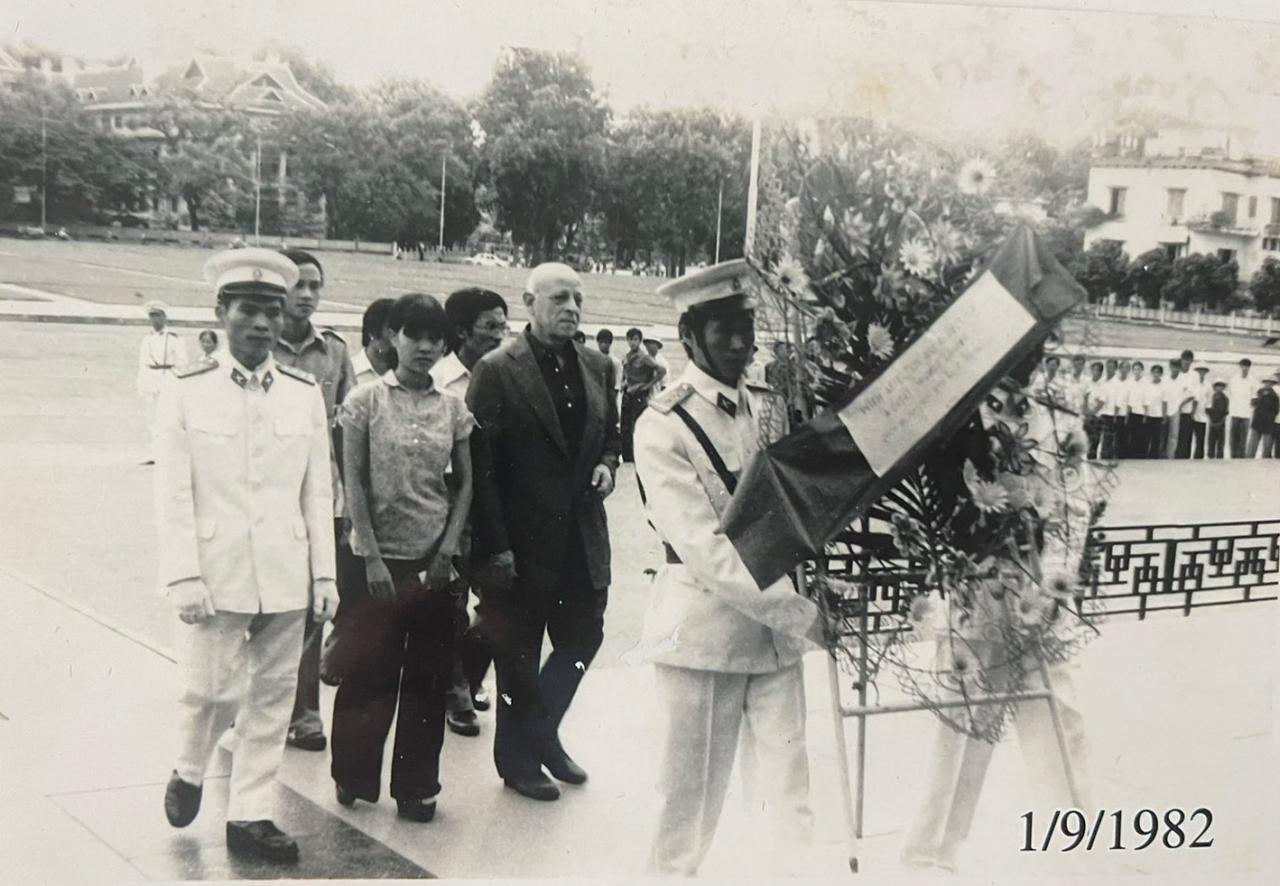
Mr. Archimedes Patti visits Uncle Ho's Mausoleum. Photo: Ambassador Ha Huy Thong provided
We accompanied him and heard many memorable memories of his meeting with Uncle Ho at the second floor house at 48 Hang Ngang when he was preparing the Declaration of Independence on September 2, 1945. He later told this story on American television.
When he saw the words “Nothing is more precious than Independence and Freedom” in front of his mausoleum, he told us: This truth cannot be from an ordinary Asian, but is the crystallization of Eastern and Western civilization, like many politicians in the world have said for hundreds of years, but perhaps this sentence is the most concise. It proves the English proverb: “Great men think alike”.
Patti believes that President Ho Chi Minh was a nationalist, wanting to have good relations with the US and other countries, but at the same time was very independent. Although he traveled to many countries in the world, but with the name “Nguyen Ai Quoc - Patriot”, wherever he was, Nguyen Ai Quoc always thought of his Fatherland and people, for the benefit of his nation…
But the greatest wish of President Ho Chi Minh for the country is summarized in the country's name: "Democratic Republic of Vietnam: Independence - Freedom - Happiness" right from the founding day of September 2, 1945.
IMPLEMENTING THE FIRST AGREEMENTS
As someone who participated in the first negotiations between the US and Vietnam in 1991 on normalizing relations, after more than 30 years, what can you share about this meeting?
That was the meeting on November 21, 1991 in New York between Deputy Foreign Minister Le Mai and US Assistant Secretary of State Richard Solomon. The meeting took place according to the agreement between the two countries' Foreign Ministries and according to the US side's letter inviting Vietnam to the first round of negotiations on normalizing relations. This meeting took place following the meeting between the two sides in Bangkok (Thailand) on July 30, 1991.
At that time, the two countries did not have diplomatic representative offices, so they often met in Bangkok or New York - where the two countries had embassies, even very close to each other.
The first talks discussed extensively the bilateral relationship, from resolving the consequences of war, humanitarian issues, international and regional issues when 1991 was experiencing many turning-point changes.
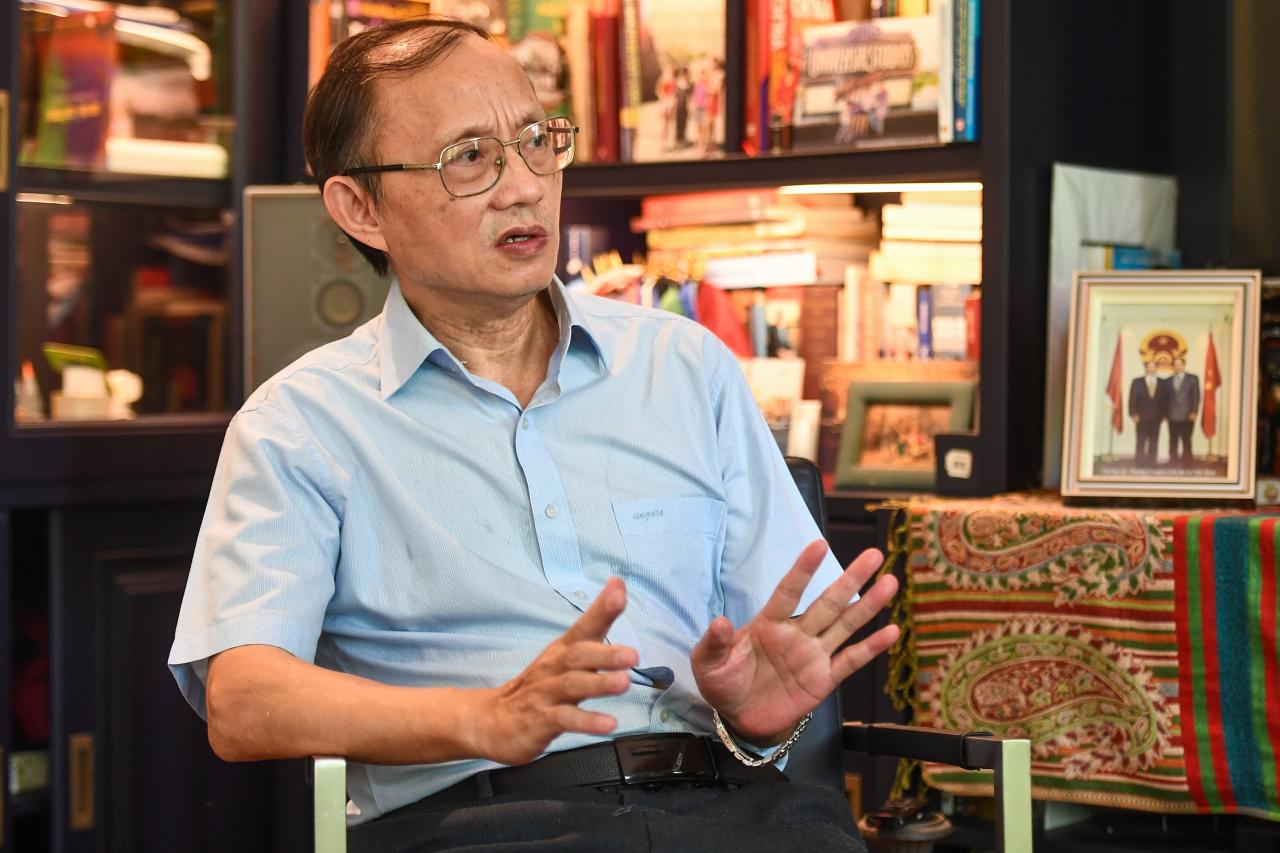
Ambassador Ha Huy Thong: Vietnam and the US have come a long way.
This event took place after the 7th Party Congress (June 24-27, 1991) with the new foreign policy after the Cold War: "Independence, self-reliance, diversification, multilateralization, making friends with all countries for peace, cooperation and development".
After the negotiations, the two sides implemented the agreements reached, which was to promote the resolution of each other's humanitarian issues. In December 1991, the US lifted travel restrictions on US soil for officials at the Vietnamese Mission to the UN (New York) and their families. Next was ADB aid to Vietnam from 1992, the first delegation of the American Chamber of Commerce in Hong Kong visited Vietnam, the US began to discuss granting Fulbright scholarships to Vietnamese students to study in the US from 1992, allowed remittances (March 1992), agreed to establish telecommunications services between the two countries (April 1992), increased humanitarian aid to Vietnam, promoted delegation exchanges between the two countries...
On July 1, 1993, the US did not prevent Vietnam from settling the old debt of the South Vietnam government, opening the way for us to access credit loans from the World Bank (WB), the International Monetary Fund (IMF) to contribute to hunger eradication and poverty reduction, education, health care, energy, infrastructure construction...
On February 3, 1994, President Clinton announced the lifting of the embargo and the establishment of relations with Vietnam at the Liaison Agency level.
When you were the Head of the Advance Delegation to open a Liaison Agency (CQLL) in the US, what difficulties did the advance delegation encounter?
Immediately after President Clinton announced the establishment of CQLL in the capitals of the two countries and was welcomed by Prime Minister Vo Van Kiet, the two sides established working groups on politics, diplomacy, diplomatic assets, human rights, humanitarian issues of the two sides... The US side also sent many delegations to the pre-position to open the US CQLL in Hanoi.
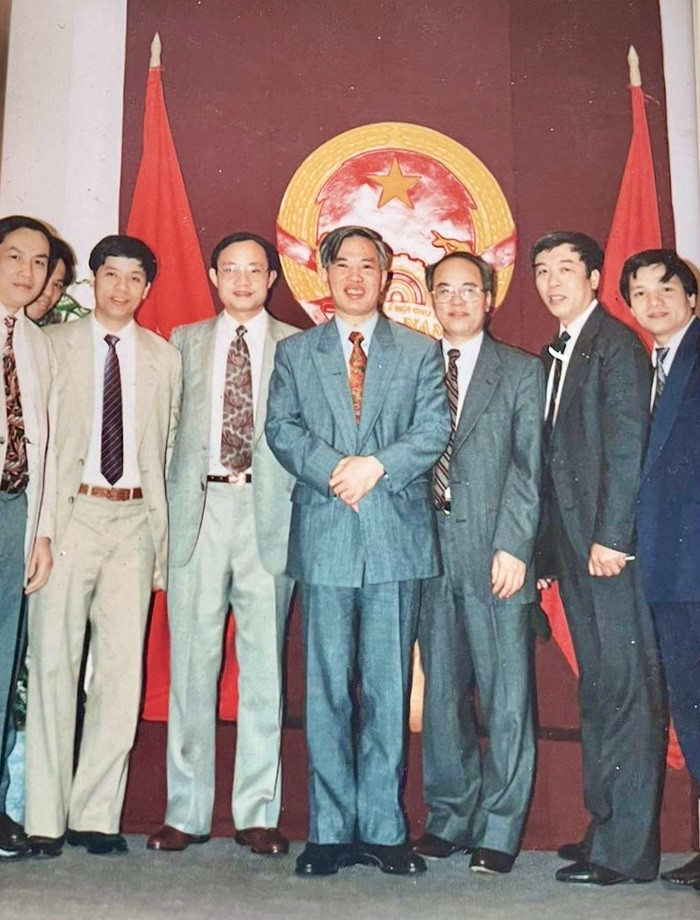
On May 8, 1955, the then Deputy Minister of Foreign Affairs, Mr. Vu Khoan, visited the Liaison Office and took souvenir photos with Ambassador Le Bang and the advance team after the Liaison Office hung the National Flag and National Emblem for its inauguration.
There are many difficulties. For example, first of all, to open a CQLL, the two sides must reach an agreement on dozens of diplomatic properties before having a headquarters for the CQLL. This is a very complicated issue in terms of history, politics, diplomacy, law, finance, public and private assets, archives... Many issues are related to the emotions of many people, easily causing emotion and frustration...
It was not until December 10, 1994, that the two sides reached an agreement on the overall plan for diplomatic assets, and at this time the advance team left Hanoi. The team followed the motto of "compact, urgent, flexible", so the first batch consisted of only four brothers: Tran Quang Tuyen (in charge of politics), Truong Xuan Thanh (in charge of consular affairs), Tran Van Lan (in charge of information), Mai Xuan Doan (driver) and me (with my wife and two young children).
When arriving in Washington, there was also Mr. Vu Khac Nhu (from our Delegation in New York who came down 2-3 days earlier, and later became Chief of the CQLL Office).
The delegation had to leave Hanoi on December 12, 1994 to work with relevant US agencies before the upcoming Christmas holiday, so those participating in the negotiations on diplomatic assets, in reality, only had one day to prepare with their families.
The biggest challenge for the delegation was that with the limited number of staff and time, they had to quickly implement the high-level agreement and instructions, including the opening of the CQLL on February 1, 1995. Before the delegation left, the leader briefly told them to "arrange for the two sides to plant flags in each other's capitals on the first day of February 1995", which was exactly one year after the announcement by President Clinton and Prime Minister Vo Van Kiet.
It was not until Ambassador Le Bang from our Delegation in New York came to be the Head of the CQLL, when the national emblem and flag were hung at the CQLL headquarters on February 1, 1995, that the brothers of the advance team breathed a sigh of relief because they had completed their mission.
What was your most memorable experience when you were Deputy Chief of Staff, then Minister Counselor - Deputy Head of the Embassy in the US?
Perhaps it was January 17, 1997, when Mr. Le Bang returned to the country in early January 1997 to prepare to become our first Ambassador to the US, and he appointed me as Chargé d'Affaires.
At that time, President Clinton had just been re-elected (November 1996) and organized many activities. Among them was the meeting on January 17, 1997, where the President and his wife, Vice President Al Gore and his wife received the heads of diplomatic agencies in Washington who came to congratulate them.
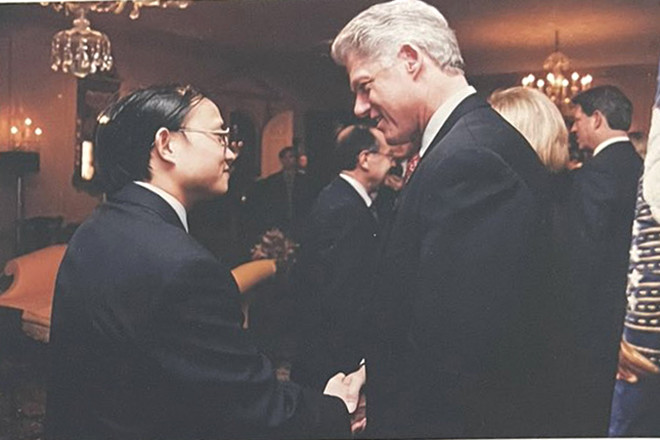 | 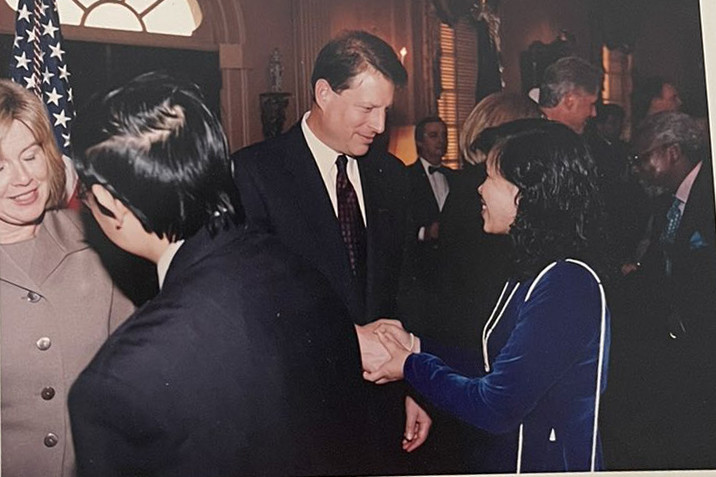 |
Chargé d'Affaires to the US Ha Huy Thong and his wife congratulate President Bill Clinton and Vice President Al Gore on their re-election. Photo provided by the White House
At the request and diplomatic protocol, my wife and I came to convey the congratulations of our Party and State leaders to President Clinton and Vice President Al Gore and his wife, and at the same time receive the message of the US President and Vice President to the high-ranking leaders of Vietnam.
What does the Ambassador expect from President Biden's visit to Vietnam?
The relationship between the two countries has gone through hundreds of years with many ups and downs, including "unfortunate sad chapters". However, since the establishment of diplomatic relations, this relationship has gradually developed, then become a Comprehensive Partnership,
The past 10 years have seen the most important progress in this relationship ever.
President Joe Biden 's visit is a great opportunity for the two countries to promote their relationship further and more substantially, meeting the interests and aspirations of the two peoples, while contributing to peace, cooperation and development in the region and the world.
Thank you, Ambassador!
Vietnamnet.vn



![[Photo] Solemn opening of the 1st Government Party Congress](https://vphoto.vietnam.vn/thumb/1200x675/vietnam/resource/IMAGE/2025/10/13/1760337945186_ndo_br_img-0787-jpg.webp)




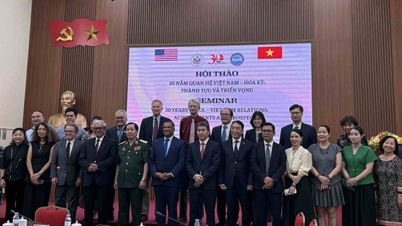


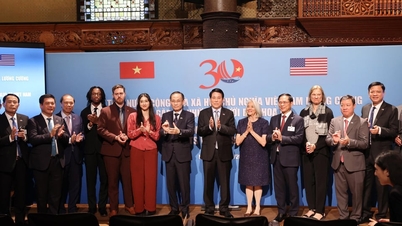

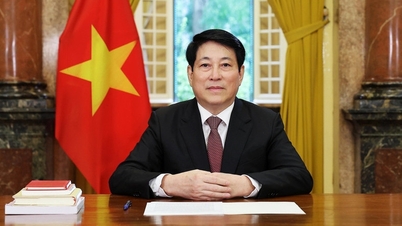

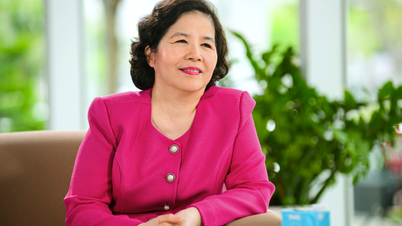

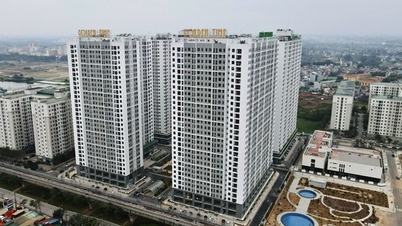
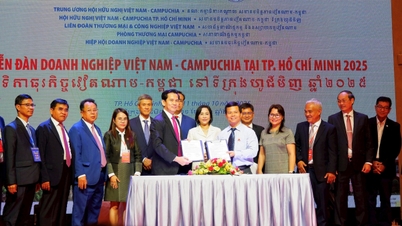

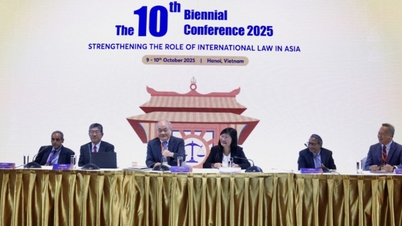






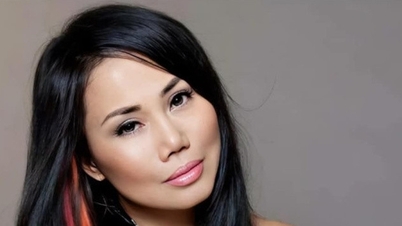
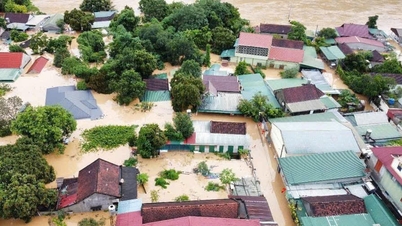
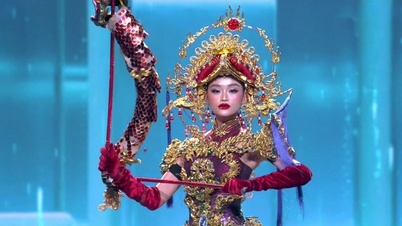
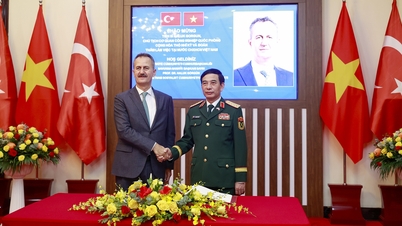
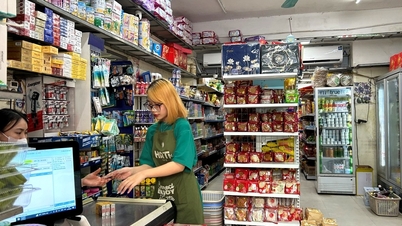

![[Photo] General Secretary To Lam attends the opening of the 1st Government Party Congress](https://vphoto.vietnam.vn/thumb/1200x675/vietnam/resource/IMAGE/2025/10/13/1760321055249_ndo_br_cover-9284-jpg.webp)

























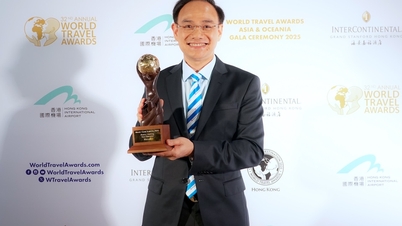




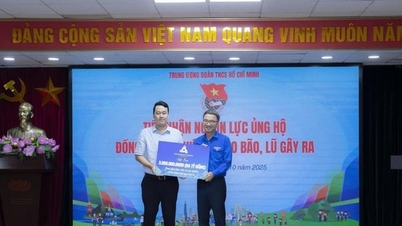

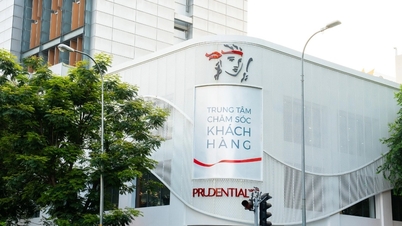







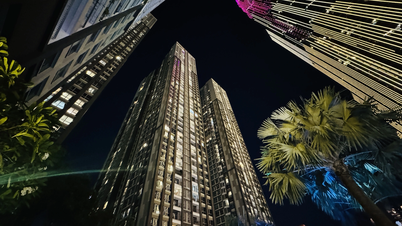
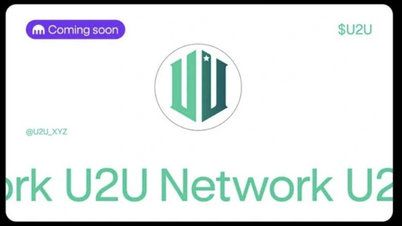


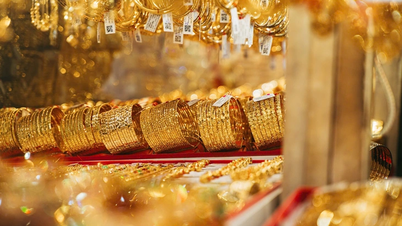
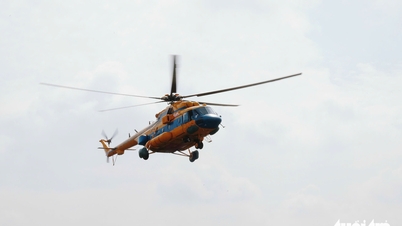
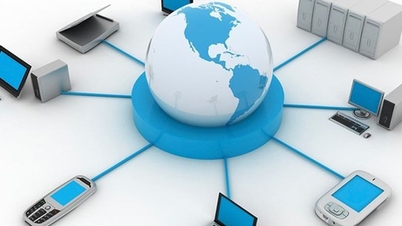

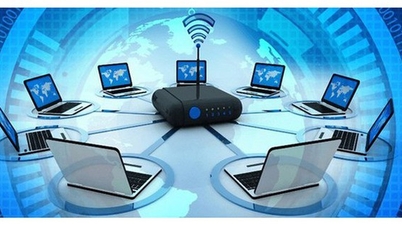
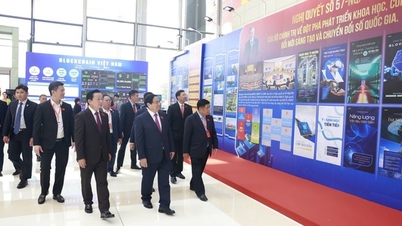
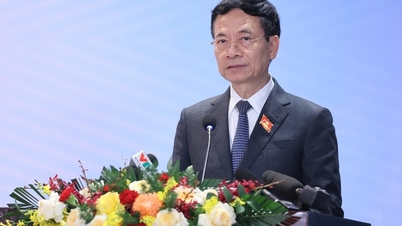
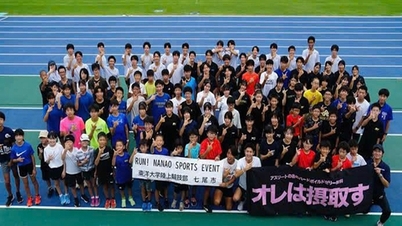

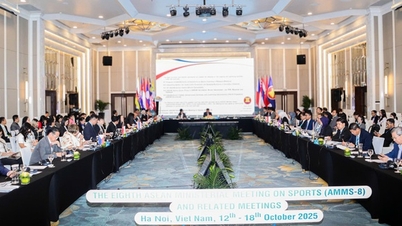
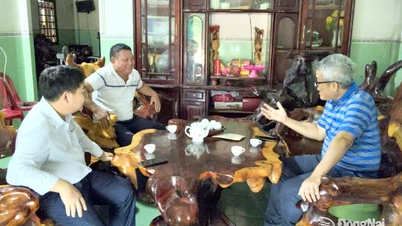



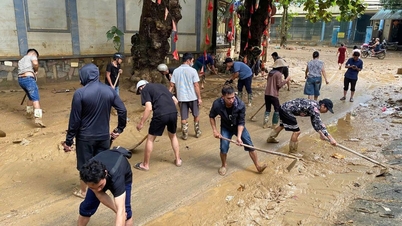

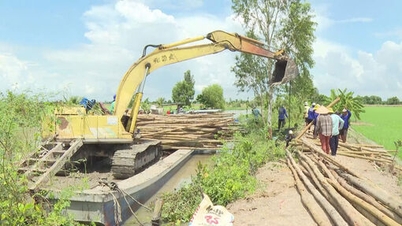

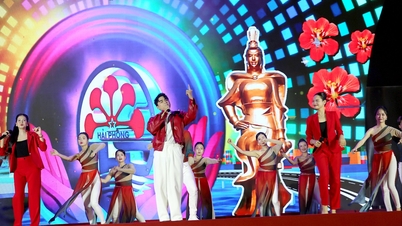

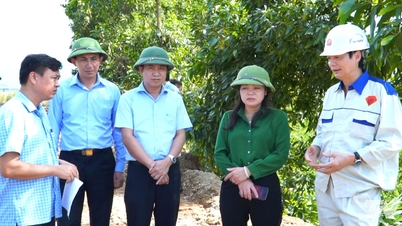












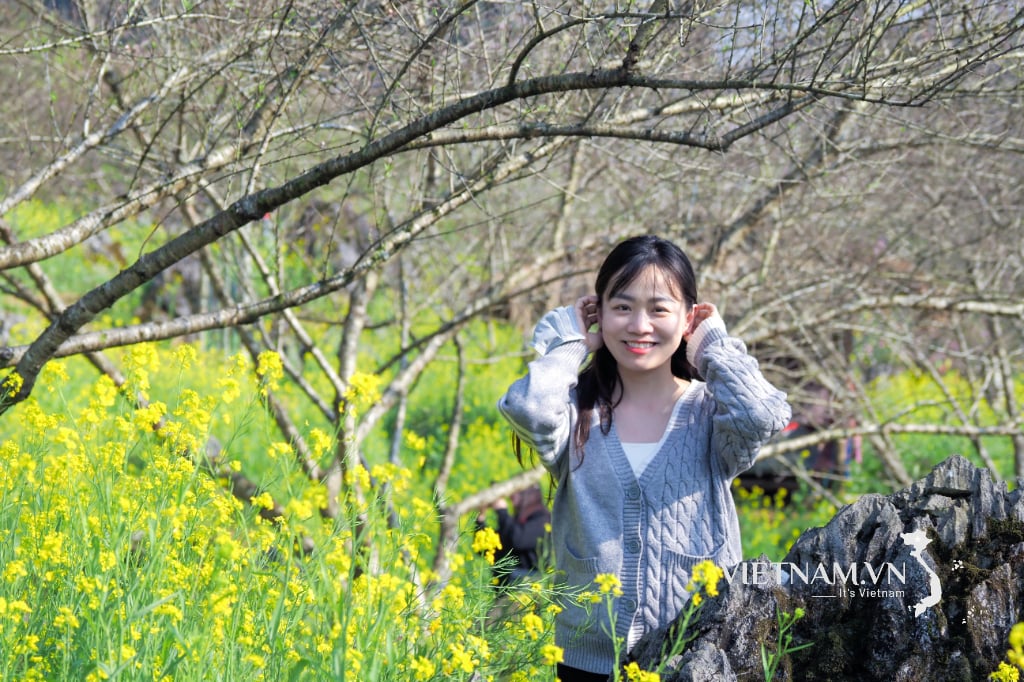

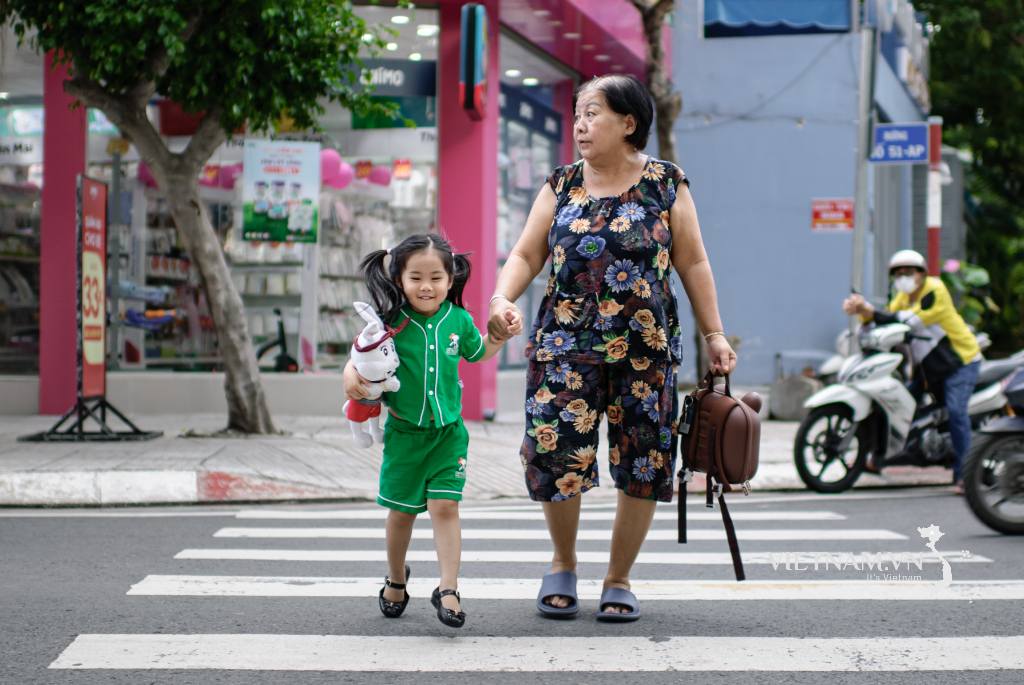
Comment (0)